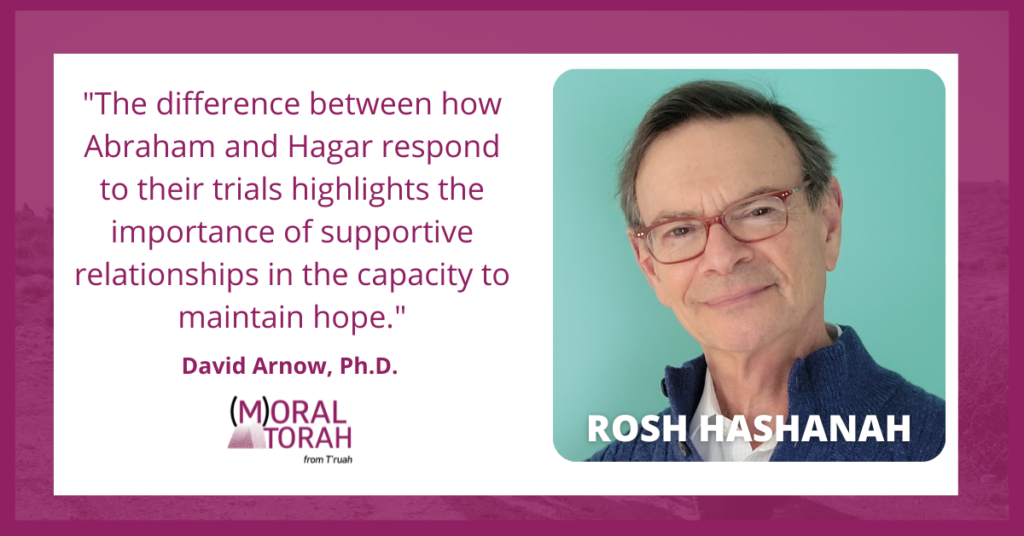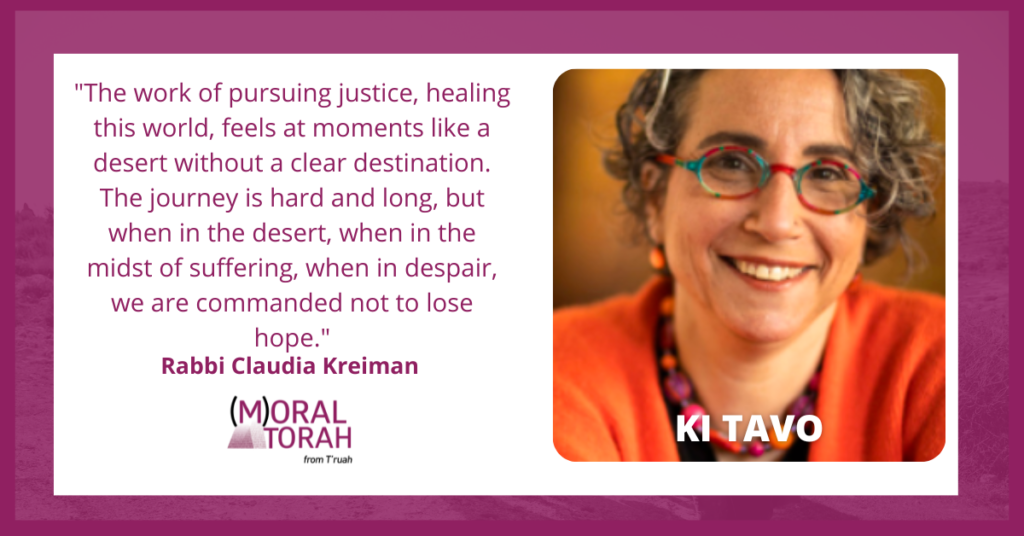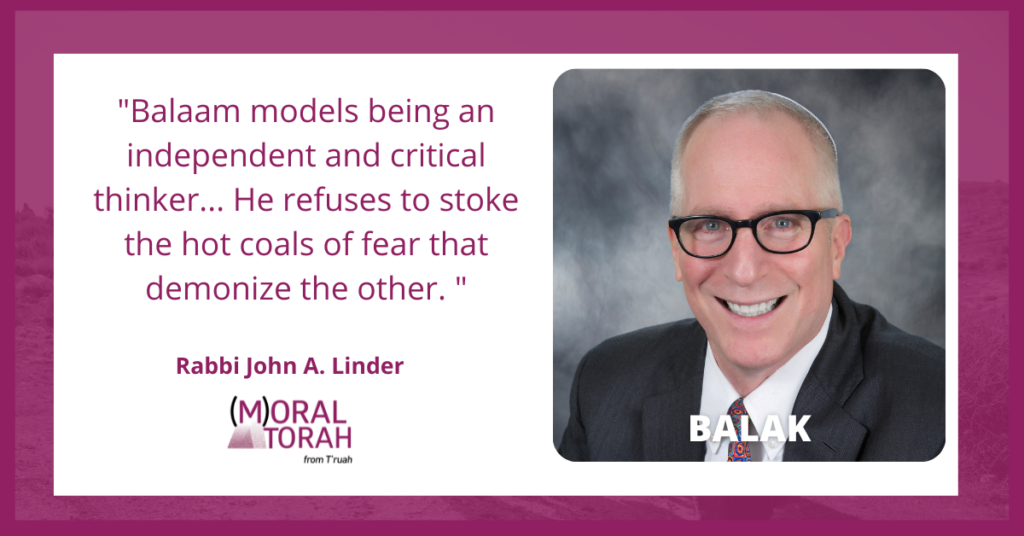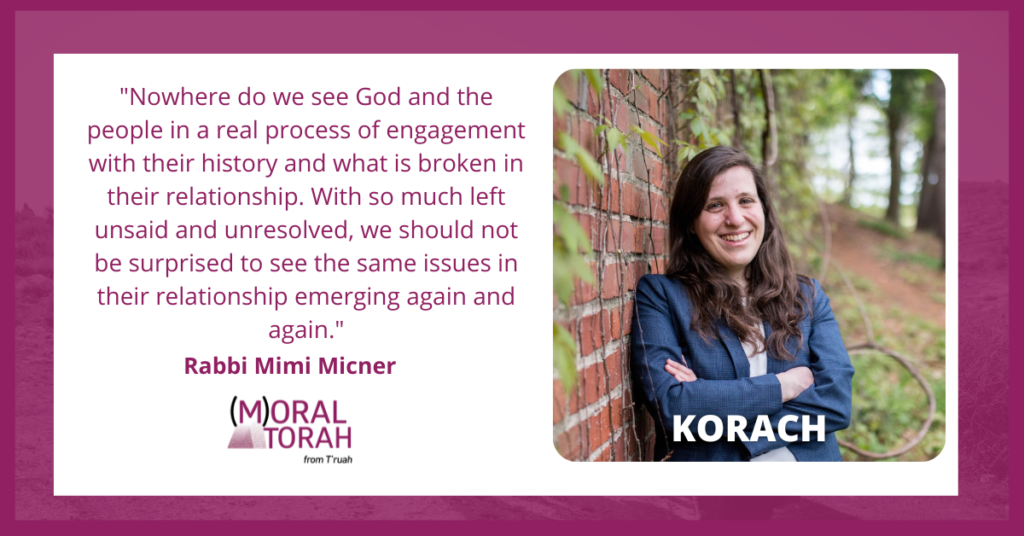Resources

When Blood Boils: Learning to Channel Anger in Productive Ways
Anger is like fire that, when used productively, can power engines of change but when mishandled can consume anything in its path, including us.
more

Be Like Brothers In Every Place
Just as Ephraim and Menashe became the gold standard of siblings in the eyes of Jewish tradition, so too are we called to extend a loving hand to all the people we come across, no matter who they are, how they may differ from us, or what else may be going on in our own lives.
more

The Power of Dreams and Our Power to Create Prophecy
...if, like this Pharaoh, we can move beyond the terror to seeking options with an open mind, we may find ourselves with more resources at hand than we ever realized was possible.
more

Only Love Can Bring Teshuvah
By listening to human narrative, and even re-visiting what’s challenging, chesed recognizes k’vod habriot in each soul and makes an opening for teshuvah.
more

Being God’s Partner Is A Big To Do
Wherever there is imperfection in our world — people suffering, an ecosystem in distress, systemic injustice — there are unfinished spaces that call on us in our role as God’s partners.
more

Universal and Particular Joy
Sukkot, as a moment of joy with God, is an essential last step of the process of divine judgment and forgiveness.
more

Facing Our Trials with Hope: Abraham and the Akedah
A D’var Torah for Rosh Hashanah by David Arnow, Ph.D. From climate change and the erosion of democratic norms to the resurgence of antisemitism and the fight for human rights, one thing is clear: If despair triumphs over hope, we’ll never overcome the challenges we face. Hope enables us to envision a better future and...
more

Waiting On Our First Fruits
The work of pursuing justice, healing this world, feels at moments like a desert without a clear destination. The journey is hard and long, but when in the desert, when in the midst of suffering, when in despair, we are commanded not to lose hope.
more

The Power of Bearing Witness
Balaam models being an independent and critical thinker... He refuses to stoke the hot coals of fear that demonize the other.
more

Transformation Will Only Come Through Honesty About Our Past
Nowhere do we see God and the people in a real process of engagement with their history and what is broken in their relationship. With so much left unsaid and unresolved, we should not be surprised to see the same issues in their relationship emerging again and again.
more



